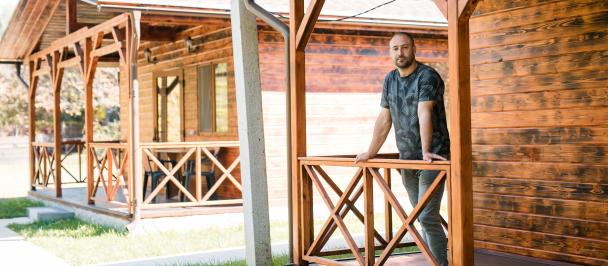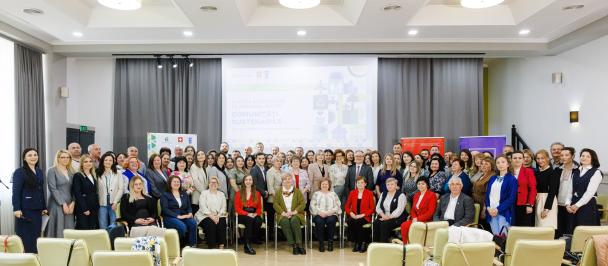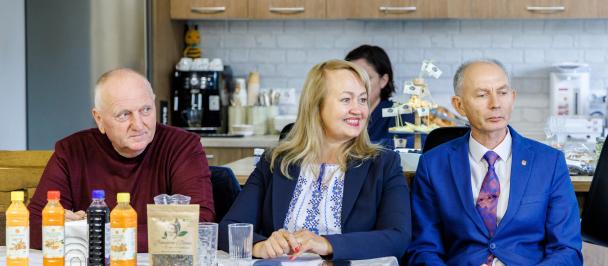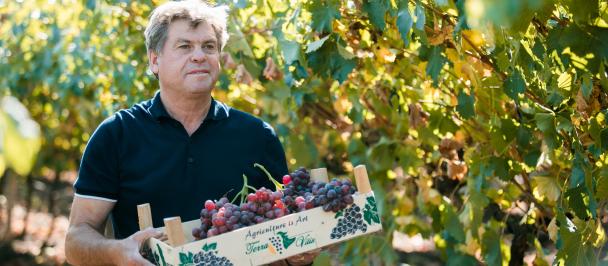Diaspora involvement in the socio-economic development of villages and towns in the Republic of Moldova drew the attention of several countries interested in adopting this model, developed and successfully tested with the support from UNDP and Switzerland.
The guide “Diaspora engagement in local development” was developed to share Moldova's experience in the field of diaspora, migration and development. The publication was presented at an online workshop, on International Migrants Day, marked annually on 18 December. The event discussed the latest institutional and legal achievements in the field of labour, as well as examples of diaspora engagement.
The publication will serve as a benchmark for other states in harnessing diaspora’s potential for local development, based on five pillars:
- Mainstreaming emigration at the institutional level;
- Mainstreaming emigration in local policymaking;
- Shaping diaspora engagement by establishing hometown associations;
- Supporting diaspora engagement through joint local projects;
- Replicating and ensuring sustainability of the model.
“I am delighted to acknowledge today that Moldova is one of the champions in the region of turning migration from a challenge, into an opportunity, both at national and local level – capitalizing on the competencies of its human capital abroad to contribute to a sustainable and meaningful manner to the development of their native country,” says Dima Al-Khatib, UNDP Resident Representative for the Republic of Moldova.
The guide also provides methodological suggestions and practical tools for those interested in exploring diaspora’s potential in local development. It describes all the stages, from planning, projects implementation, to celebrating success with the diaspora.
The publication was made possible due to efficient communication, trust building and partnerships between local stakeholders and about 30 percent of the population who left the beneficiary communities, through Hometown Associations and joint projects.
“Currently, there are around 300 hometown associations in the Republic of Moldova that aim to develop their communities in partnership with local public authorities. The results achieved by mayoralties, hometown associations and determined, multifaceted engagement of the diaspora demonstrate that migration from Moldova can bring about tangible benefits at the local level, both for the local population, for diaspora members and for their families left behind,” said Caroline Tissot, Head of the Swiss Cooperation Office in Moldova.
This model has been developed by UNDP Moldova starting 2015 with the financial support of Switzerland, creating the first 38 Hometown Associations. Between 2015 and 2020, the diaspora contributed with approx. US$2.6 million to the implementation of 82 community projects both through financial contributions and through transfer of ideas, technologies and experience gained abroad. As a result, 316 thousand inhabitants benefit from better local services.
The guide is translated into English and Russian and the French and Spanish translations are forthcoming.

 Locations
Locations



